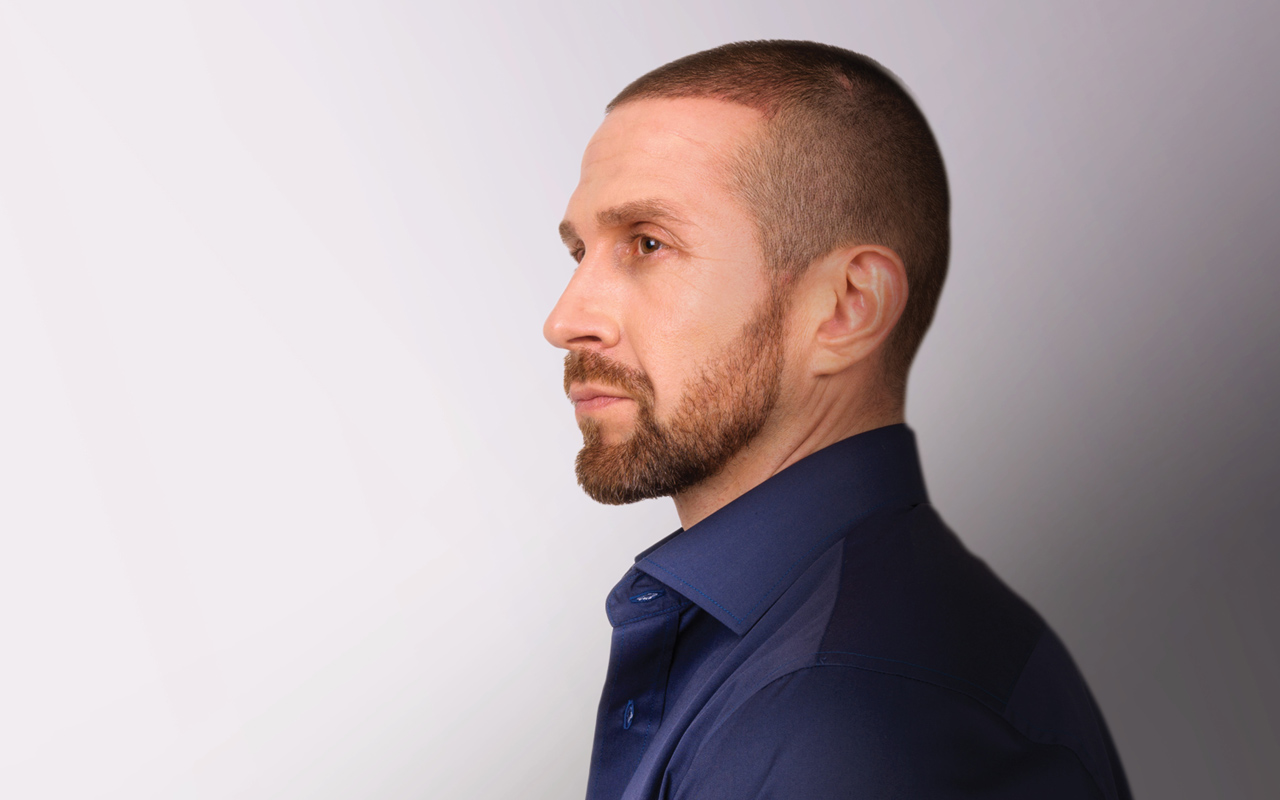“Basically, they are trained to believe they have to be strong at all times, to run toward danger instead of away from it,” says David Clauser, EdD, CPRS, a peer recovery specialist with First Responder Treatment Services at Penn Medicine Princeton House Behavioral Health. “But when it comes to coping with trauma, what veterans and first responders need to recognize is that seeking professional help does not mean you are weak; it actually means you are strong. It can help you process the trauma you have experienced in a healthy way.”
Individualized Care and Group Support
Established in 2013, First Responder Treatment Services helps veterans and first responders deal with mental health and substance use issues.
The program, led by clinicians with first responder or military experience themselves, provides individually tailored treatment plans that begin with a comprehensive evaluation and include medical oversight, individual and/or group therapy; family therapy; 12-step recovery-based programming; medication, if needed; expressive therapies like art and music; mindfulness practice; and physical activity in the on-site gym.
Since its inception, the program has helped over 1,600 veteran and first responder inpatients at Princeton House Behavioral Health. Inpatient stays average 10 days, and are generally followed by intensive outpatient treatment for several weeks. Outpatient treatment can focus on trauma or trauma and addiction in programs designed specifically for men or for women. Princeton House outpatient treatment may take place in one of five sites in New Jersey, or via telehealth.
“The difficulties veterans and first responders face regarding trauma are unique to them because of how they have been trained to define themselves, so we work with them from that unique perspective,” says Clauser. “With the support of other people who have had similar experiences and face similar obstacles, we help veterans and first responders better understand their behaviors and their traumas, and develop the coping skills needed to get back on track.”
|
Treatment can help with these issues: |
|
|
|

